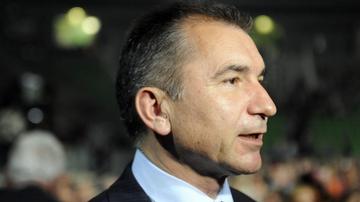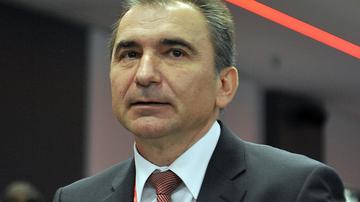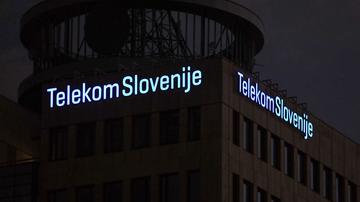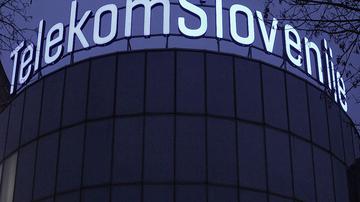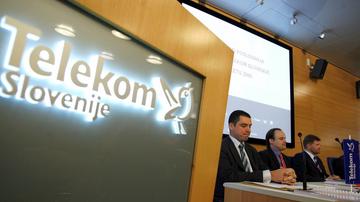
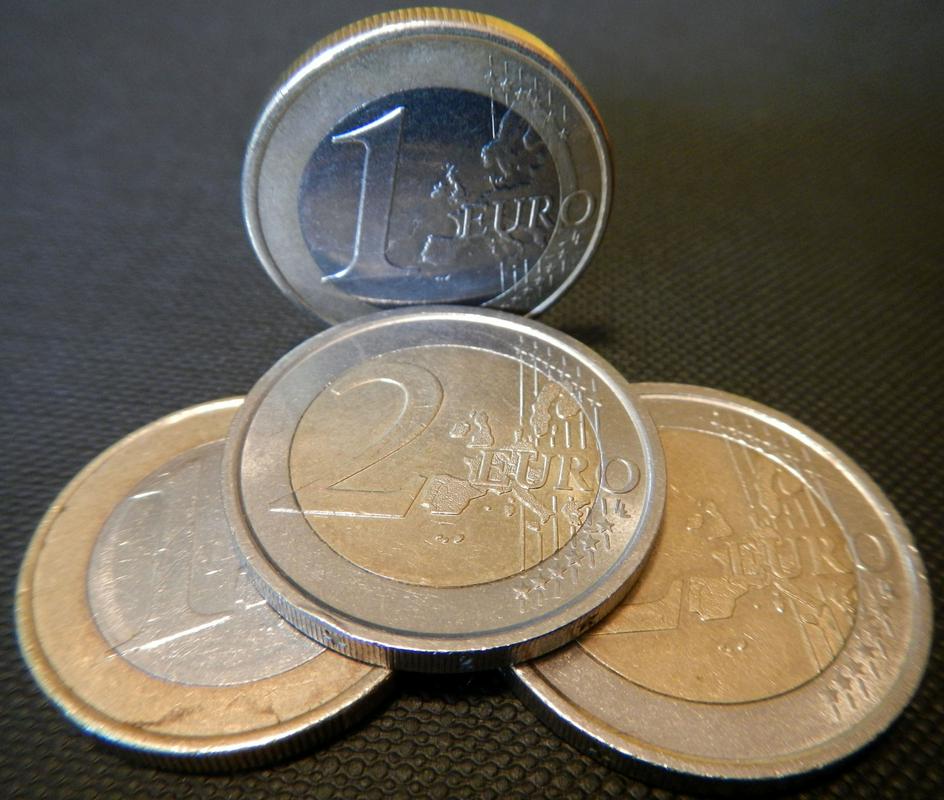
Privatisation has long been unpopular in Slovenia, where the state still controls about half of the economy, including telecoms and banks. People fear for jobs and other benefits if companies move into the private sector.
This mistrust of selling off the family silver to foreign buyers has come to a head in the past few weeks with the intervention of defence minister Janko Veber. He ordered army intelligence to look into the likely consequences of the privatisation plan for Telekom Slovenia, the country's main telecommunications company, which has a market capitalisation of about 883 million euros.
Veber, a deputy leader of the Social Democrats, the junior partner in Slovenia's ruling coalition, believes the sale might affect national security. "We might face a situation where the new owner may not be willing to adapt to our demands and expectations regarding critical infrastructure in the case of natural disasters and other dangers that could confront Slovenia," he told Reuters.
Veber's coalition members have accused him of trying to stop the sale on behalf of his party, which opposes selling state assets. He now faces a parliamentary vote on Thursday which could dismiss him from government.
Veber's party has threatened to quit the ruling coalition, which means Prime Minister Miro Cerar could struggle to drum up support for continuing the privatisation process. If Veber's party does leave, Cerar's majority in parliament will shrink to just one seat, seven months after he took office. The political uncertainty has wiped 6.8 percent off the value of Telekom's shares since the turn of the year. Telekom's potential buyers include Deutsche Telekom and a number of private equity investors.
Suspicious minds
The row goes to the heart of Slovenians' suspicions of privatisation, borne of a deep affinity for the kind of state benefits enjoyed under socialist Yugoslavia. The country of 2 million people, which gained independence in 1991, was initially a high-flyer, the fastest growing member of the euro zone when it joined in 2007, driven by exports of pharmaceuticals, kitchen appliances and Renault cars.
But exports were badly hit by the 2008 global financial crisis, which also exposed the weaknesses in an economy still 50-percent government-controlled and where 60 percent of banks remain in state hands. In late 2013, Cerar's predecessor Alenka Bratusek had to pour more than three billion euros ($3.26 billion) into the banks to prevent their collapse due to bad loans. Earlier that year, the government drew up a list of 15 state companies to be sold as part of a recovery plan agreed with the European Union. Just three have been sold, airport Aerodrom Ljubljana, coatings and varnish producer Helios and laser producer Fotona.
Economic recovery
Sixteen months on from the bank bailout, Slovenia's economy is recovering. Exports are rebounding and economic growth is forecast at 2.4 percent in 2015. The country's budget deficit is expected to fall to 2.9 percent of GDP this year from 4.9 percent in 2014. The yield on a 20-year 1 billion-euro government bond issued last month was the lowest in Slovenia's history, at 1.553 percent. But this improving outlook is putting more wind in the sails of those opposed to the privatisation plans.
Some 2,000 people protested in central Ljubljana in February, condemning the privatisation process as "theft" and a threat to jobs. "It has to be stopped immediately because companies fire people after privatisation, while there's no further investment or development," protester Kira Cerjak said during the February demonstrations.
Latest opinion polls suggest most Slovenians remain firmly opposed. One published in January by daily newspaper Delo, had opposition to the sale of the 15 companies at 47 percent versus 52 percent in November. But those opposed still outnumbered those in favour, which remains at about 36 percent.
Peter Stanovnik, a researcher at the Ljubljana-based Institute of Economic Research, said opposition stemmed from bad experience of previous privatisations that lacked transparency, and media preoccupation with sales that ended badly. "It's clear that state management of companies is significantly worse than private management and we cannot kid ourselves that it can improve in the future since politics always has an appetite to put its own people in the management," Stanovnik said.
The International Monetary Fund and the EU have urged the government to speed up the process. But Lutz Roehmeyer, a director at Landesbank Berlin Investment, said Slovenia's low bond yields gave the government some breathing space. "It should sell state companies only if the price is fair for both sides, and not at bargain levels."
A London-based investor, who is familiar with the privatisation process but declined to be named, said: "People are looking at the financial figures of the companies on sale. What's going on with the government affects the sales process but not the value of the companies on sale. If the company's profit goes down, the value will go down."
Reuters





















































